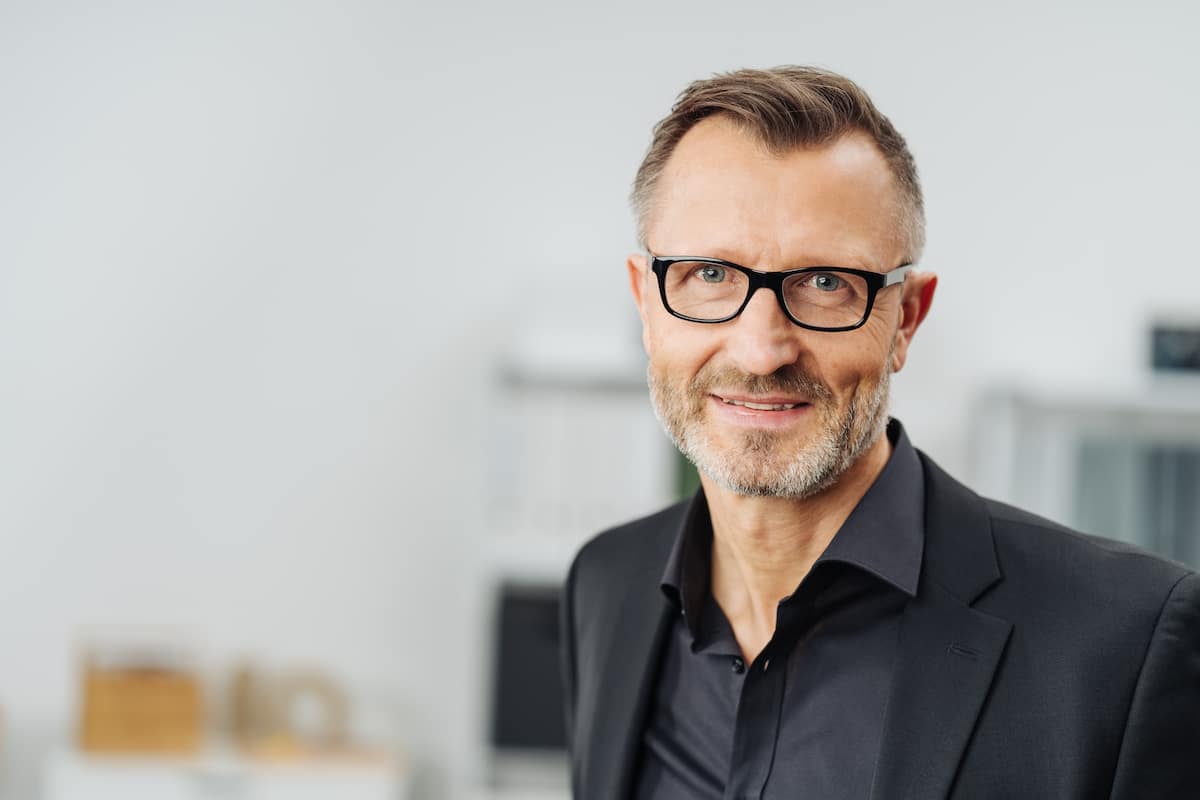 –
–
In today’s competitive economy, the ability to transform is fundamental. Consultants and other management consulting firms support and guide companies and are more than ever partners of business leaders in bringing about these changes.
Improvement of performance, implementation of a new strategy, support for digital transformation, international development, crisis management, optimization of the information system … support for a consulting firm, offering an eye outside and capitalizing on its experiences, provides incomparable support. But the progress of the company also depends on that of its people. And, in this case, individual or collective coaching is very effective.
A growing sector
The consulting sector is one of the most dynamic today in France. This is evidenced by the sectoral study carried out each year by Syntec Conseil, a union representing the consulting professions in France. The strategy and management consulting market continued to grow spectacularly: from 2013 to 2019, it increased by almost 50%! The current health crisis has naturally stopped it, but the consulting companies have been able to reorient their expertise according to the new needs of customers (teleworking, overhaul of the organization, etc.).
While growth mainly benefits large firms, mid-sized firms and even small ones benefit as well. This growth is largely driven by digital transformation and internationalization. The digital transformation induces many other evolutions and transformations such as uses, methods and rhythms of work, relations with stakeholders in the business ecosystem… It represents 35% of missions.
The international component is also an important lever for the sector’s growth since it represents 26% of the consulting activity. Another change: new social expectations with CSR, which is establishing itself as a consulting specialty in its own right. The advancement of the consulting market now provides better visibility to the profession for the investments it must provide. They are essentially of two types: technological (with acquisitions to acquire know-how in big data, data science, cybersecurity), and human, with the need to recruit high added value profiles and develop talent. .
Carrying out a digital transformation mission involves changes within firms, both in terms of their processes and their working methods. And recruiting highly qualified profiles is a real challenge today.
Multidisciplinary approaches
Always evolving, the consulting industry adapts to changes in the economic world and to its needs. The sector has therefore been able to develop new services and see new players making progress on the market. Beyond large firms such as the Big Four (Deloitte, PwC, KPMG and EY) which also develop more specific offers and departments, human-sized firms are quickly making their way. Their credo: tailor-made, innovative offers, far from standardized models, for customers who expect a new approach.
For Julien Custin-Decourt, author of a noted report on “New management”, “the large French firms, like the most modest in terms of size, are forging partnerships and developing their networks to be able to meet international ambitions of their customers. It must be said that many of these smaller consulting firms are often run by senior consultants from large firms. They therefore have an already operational network. ”
They have often chosen to create their own firms to support companies in a more personalized relationship and while being free to offer innovative solutions. As for the large firms, they have subsidiaries in many countries which make it easy to manage this internationalization. The latter mainly operate with multinationals and larger companies. Whether they come from large firms or new, innovative structures, the consultants, with their sectoral and technical skills, are tasked with developing strategies and implementing them, with the managers, in order to better manage their business.
They often work together in order to combine each other’s skills and fields of expertise to offer a global and multidisciplinary approach to their client’s problem. They are thus able to multiply the approaches and take into account all the necessary parameters in order to offer the company a range of the most relevant solutions. These experts have the advantage of being outside the company and therefore of being able to offer an objective perspective. Their independence, their knowledge of the business sector of the company, the plurality of pooled disciplines allow a global vision and solution, able to support business leaders.
In short, consultants provide effective support during many strategic decisions. Managers appreciate the credibility provided by their involvement, their expertise, their duty of confidentiality and their objectivity on the company’s situation.
Support the company but also the people
If a company needs to be supported on the path to change, so do its managers and teams. Indeed, 70% of the failure factors for a company’s transformation are linked to problems of acceptance and adherence to projects. So we can call on coaching. This can be individual or collective. For executives and project managers, it can be broken down into performance coaching, relational coaching, taking up a position, leadership development, etc.
This individualized support will allow you to get to know yourself and others better, to align your personal objectives with those of your employees, or to manage differently to lead the company towards success. At the team level, the coach will improve their functioning, encouraging their cohesion to work in collective intelligence and facilitate communication and relationships. We will often use team building for example. Transformation, reorganization, launch of a new project, or quite simply internal problems in the company, coaching will facilitate the passage of these delicate stages and will weld the collaborators.
Whether for a one-off intervention or long-term support, we will naturally choose a certified coach who has the training and experience required to truly support his clients. It draws on strong tools and methodologies to help them solve problems and build their own solutions. The objective is always to lead them quickly towards their autonomy and their personal development.
Geraldine Guillot
–


